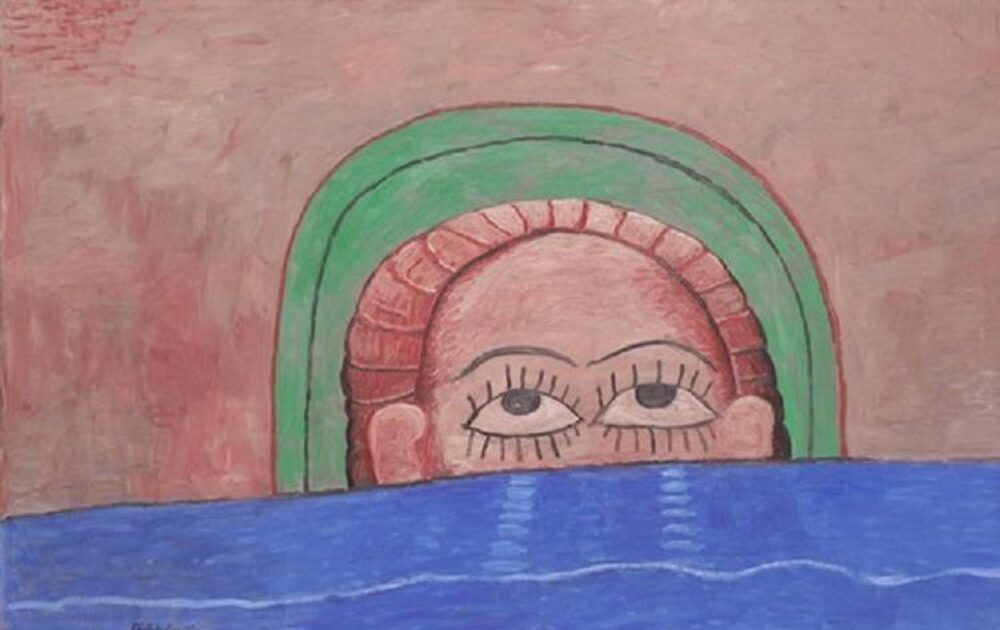I guess I should thank David Brooks for providing the kick start I needed to start posting again. Click here to link to his latest exercise in vapidity, “The Cost of Relativism”. Click here to enjoy Charlie Pierce’s take down.
Not to improve on Pierce’s response but I am compelled to amplify .
I will give David Brooks credit that he has a view of the poor that has at least caught up to the nineteenth century. Prior to the Enlightenment, kings and paupers occupied the social ranks where God put them. After the French revolution, it started to occur to Europeans that poverty was possibly a political and economic outcome. This dawning awareness did not entirely displace God and morality. There remained lingering questions as to whether the poor “deserved” their condition because of private moral flaws (laziness or improvidence). Brooks does perceive that there is a societal problem:
We now have multiple generations of people caught in recurring feedback loops of economic stress and family breakdown, often leading to something approaching an anarchy of the intimate life.
What has caused these deplorable feed back loops? In Brook’s update of nineteenth century thought, poor people now inhabit communities without “norms”. They are still morally lacking (and therefore still somewhat complicit in their own state of poverty) but now, they are also victims. The norms they need to rise above their current condition have been “destroyed” by an outside force:
These norms weren’t destroyed because of people with bad values. They were destroyed by a plague of nonjudgmentalism, which refused to assert that one way of behaving was better than another. People got out of the habit of setting standards or understanding how they were set.
This is dog whistle punditry. Just as the terms “law and order” and “states rights” are smoke signals to fearful white Republicans, Brook’s “relativism” is meant to fall nicely into the ears of the true believer.
Who are the vectors of this plague? and, what, exactly, is “non-judgementalism”?

Hi Mylor–
I’ve been enjoying reading some of the entries in your blog. This series about David Brooks caught my particular attention. There’s something about Brooks that I’ve disliked, and I think you’re putting your finger on it–he purports to be a thinker, yet he’s stuck in irrational old cement. I’ve always been baffled how people can blame the disadvantaged for their problems. That’s always seemed absurd to me. In this first of your three articles, you explain something that I never understood: that disdain for the poor is rooted in pre-19th century social structure–a moral construct that advantaged people used to guard their advantage. Somehow, I’d never made that connection. Understanding that, it makes sense to me how that self-righteousness might get passed from well-off parents to their children all the way into the 21st century. –Dan B